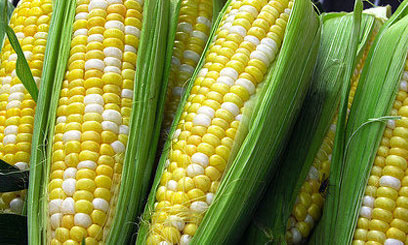Kenyan researchers say that more tests are needed before genetically modified (GM) maize seeds can be grown commercially in the country.
A statement issued by the National Biosafety Authority (NBA) permitted the release of the the crops to the environment, but only for field trials .
“We have to ensure that in addition to the crop being safe for human consumption, it also does not damage the environment,” NBA Chief Executive, Willy Tonui, said.
The authorization request had been filed in June 2015 by the Kenya Agricultural and Livestock Research Organization (KALRO) and the African Agricultural Technology Foundation (ATF) for a breed of seeds modified by Monsanto to be resistant to pests.
The two organisations will have to work with the Kenya Plant Health Inspectorate Service (KePHIS) in the trials. The application by KALRO and ATF came after several years of laboratory trials by the two institutions, which now want the seeds released to farmers for mass production.
The ban
The conditional approval goes against a ban on GMO foods that was installed by the Ministry of Public Health ordered public health officials on November 21, 2012.
At the time, the Ministry ordered public health officials to remove all GMO foods on the market and to enforce a ban on GMO imports.
The Minister for Public Health then, Beth Mugo, presented the concerns about the safety of GMOs during a Kenyan cabinet meeting, citing a French study that linked cancer in rats to the consumption of GMO foods.
A taskforce set up to establish the safety of GMO crops in the country analysed the report on which the ban had been based and recommended the lifting of the prohibition.
"The taskforce noted that no GMO product has so far been tested for safety for human consumption in Kenya and the present Biosafety Act has no specific provision for testing these products," read a report by the taskforce.
The French study has since been retracted.

















Comments powered by CComment